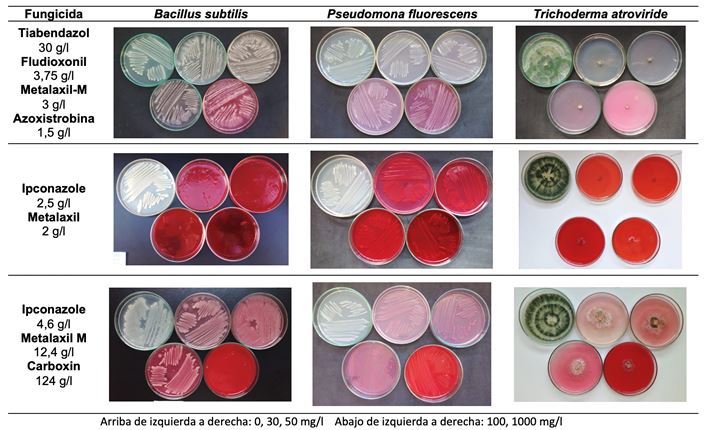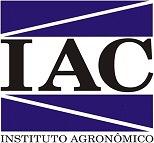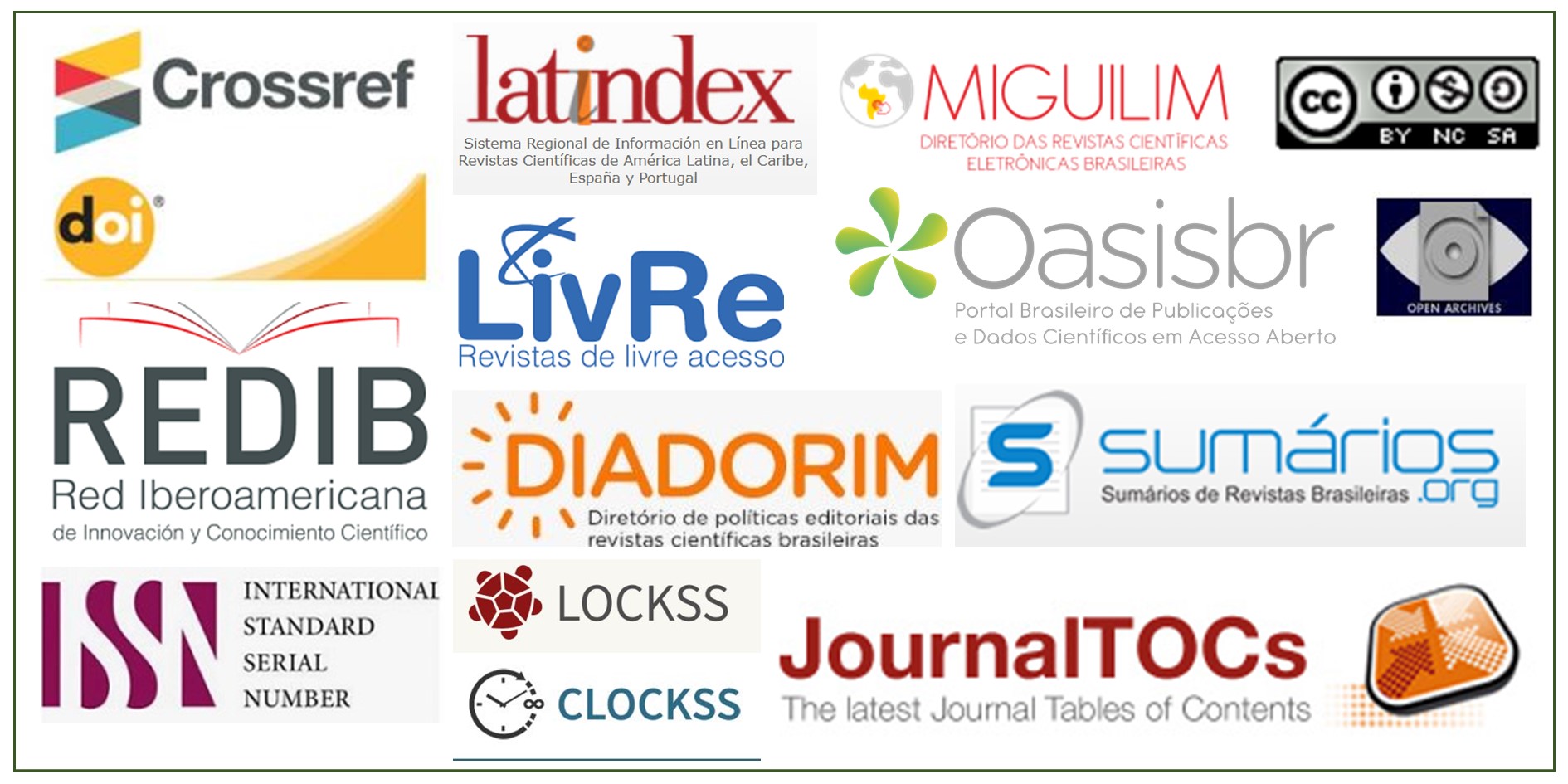Evaluation of the in vitro compatibility of microorganisms (Bacillus subtilis, Pseudomonas fluorescens and Trichoderma atroviride) with commercial fungicides for sustainable peanut production
DOI:
https://doi.org/10.52755/sas.v2iedesp2.112Keywords:
Biological control, Combined treatments, Sanitary qualityAbstract
The application of fungicides on the peanut seed is a necessity in the sowing, however the combined application with biologicals could reduce the effects of the use of agrochemicals, favoring the quality of the grain as food. The objective of this work was to evaluate the in vitro compatibility of microorganisms (Bacillus subtilis, Pseudomonas fluorescens and Trichoderma atroviride) with commercial fungicides for the sustainable production of peanuts. The compatibility tests were carried out in the Laboratory of the Agrifood Quality Transfer Center (FCA UNC). Three combinations of commercial fungicides available in the peanut sector (F1, F2, F3) were evaluated, in different doses (0, 30, 50, 100 and 1000 mg.l-1). In petri dishes with GPA medium with each fungicide, B. subtilis, P. fluorescens and T. atroviride were seeded, and they were kept in chambers with controlled conditions. At 7 days from sowing, the bacterial growth was evaluated according to the compatibility scale and for Trichoderma the percent inhibition of radial growth (PIRG) was calculated. The design was completely randomized; for each biological, three repetitions were evaluated for each fungicide and dose. The entire test was repeated three times. The data were subjected to analysis of variance and the mean PIRG values "‹"‹were compared by Tukey (p<0.05). The results showed a differential effect of fungicides on biological ones. F1 (Thiabendazole + Fludioxonil + Metalaxyl-M + Azoxystrobin) can be combined with P. fluorescens in all doses and B. subtilis in doses not exceeding 50 mg.l-1. F2 (Ipconazole + Metalaxil) and F3 (Ipconazole + Metalaxil M + Carboxin) can be applied with P. fluorescens even with high concentrations. F3 can be combined with T. atroviride up to 100 mg.l-1. The correct combination of fungicides and biologicals will effectively contribute to the sustainability of the peanut production system.
Downloads

Downloads
Published
How to Cite
Issue
Section
License
Copyright (c) 2021 Dean Fernandez, Matias Torassa, Maria Alejandra Pérez

This work is licensed under a Creative Commons Attribution-NonCommercial-ShareAlike 4.0 International License.
Autores concordam com os seguintes termos:
a) Os autores mantêm os direitos autorais e concedem à revista o direito de primeira publicação, com o trabalho simultaneamente licenciado sob a LicençaAttribution-NonCommercial-ShareAlike 4.0 International, que permite o compartilhamento do trabalho com reconhecimento da autoria e publicação inicial na Revista SAS. A licença permite o uso, a distribuição e a reprodução irrestrita, em qualquer meio, desde que devidamente citada a fonte. Essa licença permite também que outros remixem, adaptem e criem a partir do seu trabalho para fins não comerciais, desde que atribuam a você o devido crédito e que licenciem as novas criações sob termos idênticos.
b) Não cabe aos autores compensação financeira a qualquer título, por artigos ou resenhas publicados na South American Sciences.
c) Os conceitos expressos nos artigos publicados na South American Sciences são de inteira responsabilidade de seus autores.








